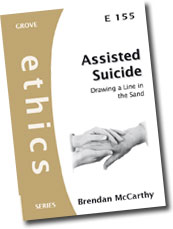The following is an extract from my article, The Parliament of World Religions: Exploring the possibility of friendship, in the Tasmanian Anglican – February 2010.
The Parliament of the World’s Religions 2009 was held in Melbourne in early December and attended by 5000 people from most of the world’ s religions. I met some marvellous people from many religions at the Parliament.
I give thanks to God for this wonderful privilege of meeting in a safe space and for allowing the possibility of friendship. Truly, we are made by a loving God in love and for love. This is seen supremely in ‘God who was in Christ reconciling the world to himself’ (2 Corinthians 5:19).
However, in the area of social cohesion which was a major area to which I dedicated some time, it was very difficult to go beyond a fairly superficial treatment of key themes such as mutual respect, compassion and justice. Speakers were reluctant to ask the hard questions of other religious adherents.
A major benefit of spending a week with people of other religious beliefs was the opportunity to understand their beliefs and practices more fully. The experience allowed me to continue to improve my conversational skills in speaking with people of other faiths.
I find it important to have a vocabulary that connects with people and avoids unnecessary misunderstanding and offence.
The full article can be read in the February issue of the Tasmanian Anglican here or at From Bishop John on the Anglican Church in Tasmania website.


